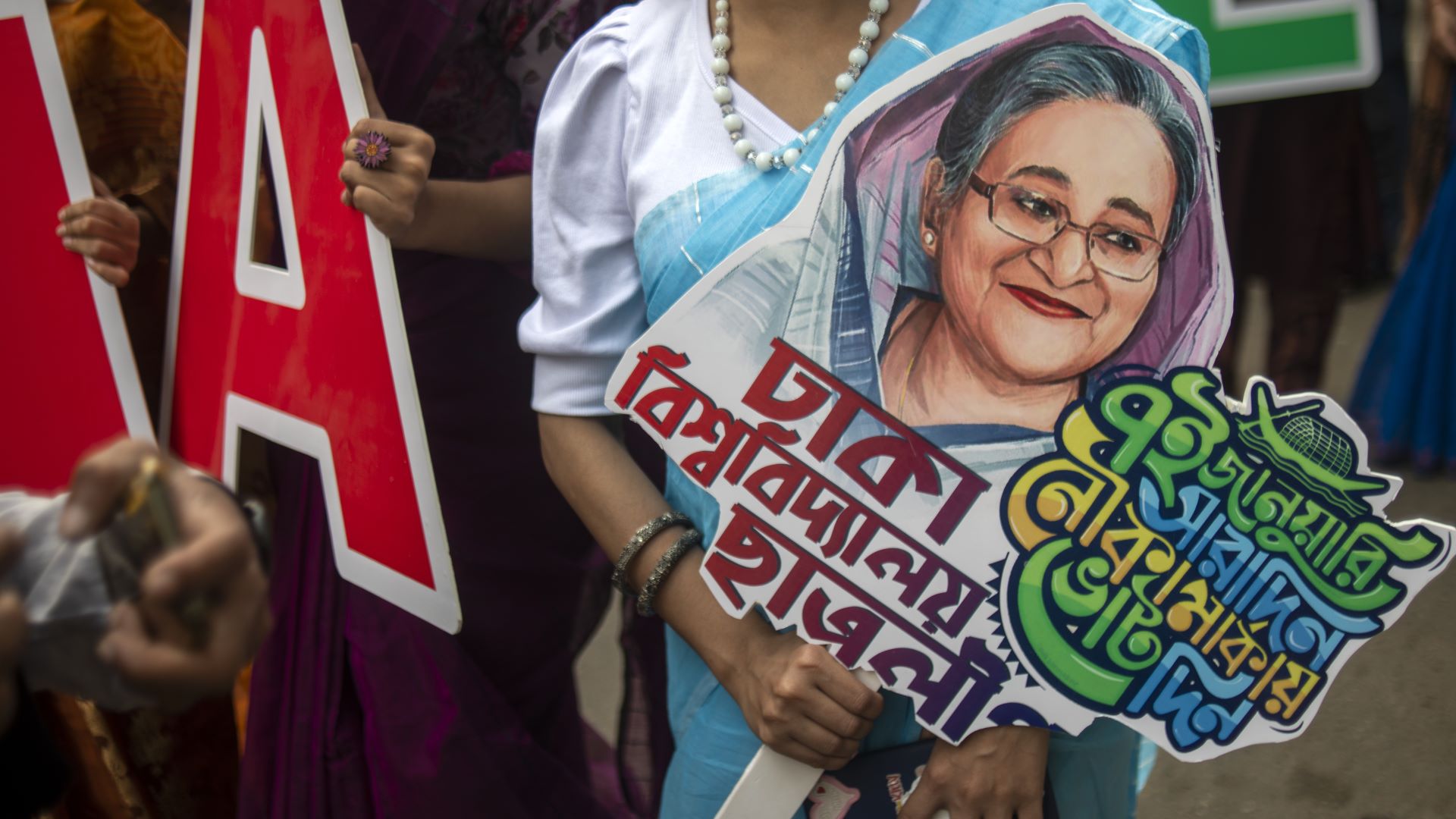When you purchase through links on our site, we may earn an affiliate commission.Heres how it works.
As expected, Prime Minister Sheikh Hasina secured her fifth mandate.
However, that doesn’t appear to be a reflection of consensus.

Bangladesh votes January 7 in an election guaranteed to give Prime Minister Sheikh Hasina her fifth term in office, after a boycott by opposition parties whose ranks have been decimated by mass arrests.
“It’s a mockery of our democracywhatever is left of it.”
At the head of the country since 2009, 76-year-old Sheikh Hasina is infamous for her repressive authoritarian measures.
This translated to a one-sided low-turnout election whose outcome was inevitable.
With offline pressure increasingly high towards political opponents, the internet came out as the main battlefield.
From its side, the ruling party is doing everything it can to control this space.
In 2021, for instance,AL shared its plansfor training over 100,000 cyberwarriors.
Chowdhury saw the role of social media in Bangladesh in political campaigns significantly intensifying since the 2018 elections.
Head to our page of thebest free VPNsright now to find out how to get the most secure freebie.
According to ChowdhuryAI-powered deepfakesin political campaigns are “still at an experimental level in Bangladesh”.
Our recent findings exposed deepfake videos featuring BNP leader Nipun Roy Chowdhury and Rashed Iqbal Khan.
What’s at stake?
Bangladesh seems to have paved the way for more developments in this direction.
People inTaiwanare heading to the polls on January 13, whilePakistanwill follow suit on February 8.
She said: “The real risk is not false information, rather facts presented in a false context.
This is where traditional debunking methods fall short.”
Pakistan, whose elections are scheduled for February 8, alreadyclamped down on social mediaservices to stifle political opponents.
At this point, we can only hope for the best for the rest."